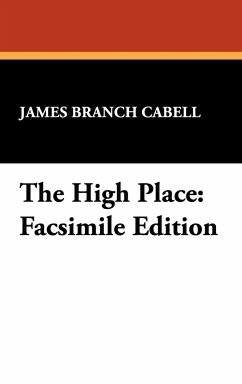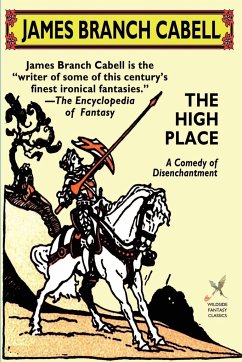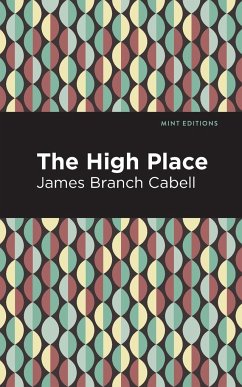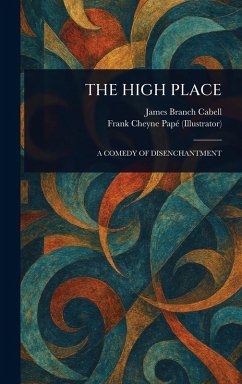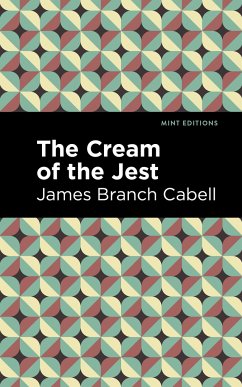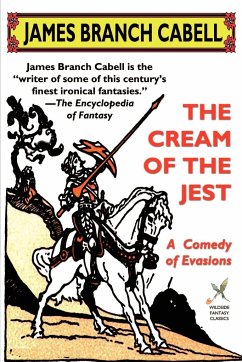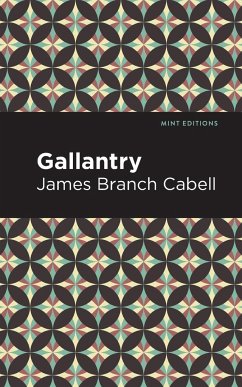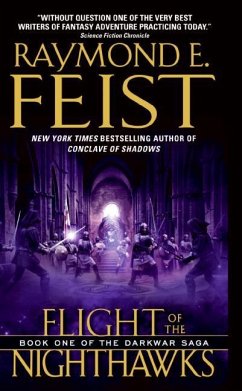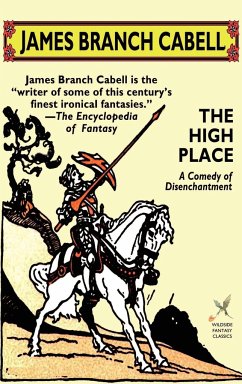
The High Place
Versandkostenfrei!
Versandfertig in 1-2 Wochen
29,99 €
inkl. MwSt.
Weitere Ausgaben:

PAYBACK Punkte
15 °P sammeln!
f"In the sulfurous The High Place, the amoral hero Florian enters the sleeping-beauty story and (unlike Jurgen with Helen) does not draw back at the sight of excessive beauty. Complications ensue: Beauty is realistically diminished during pregnancy, the first-born child is forfeit to Satan under the pact that guaranteed Florain's success, and an irascible saint is eager to call down holy fire on transgressors. Florian treads close to damnation and is saved only when Satan and the angel Michael conspire to let recent events become, again, a dream: he has a rare second chance and learns better."...
f"In the sulfurous The High Place, the amoral hero Florian enters the sleeping-beauty story and (unlike Jurgen with Helen) does not draw back at the sight of excessive beauty. Complications ensue: Beauty is realistically diminished during pregnancy, the first-born child is forfeit to Satan under the pact that guaranteed Florain's success, and an irascible saint is eager to call down holy fire on transgressors. Florian treads close to damnation and is saved only when Satan and the angel Michael conspire to let recent events become, again, a dream: he has a rare second chance and learns better." -- The Encyclopedia of Fantasy



